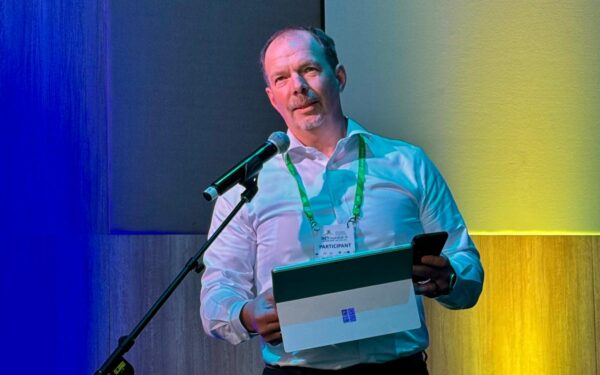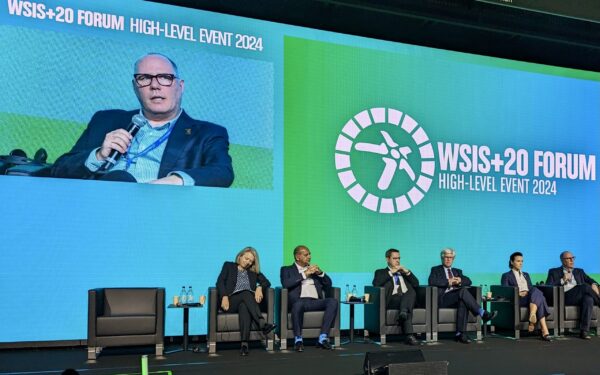
What’s going on in global internet governance?
Over the next two years, governments are renegotiating how they work together in the digital age. Two key dialogues at the centre of that project are the United Nations (UN)-led Global Digital Compact (GDC) and the World Summit on the Information Society (WSIS)+20 Review. The ripple effects of these dialogues could mean important changes for the multistakeholder model of internet governance.
If multistakeholderism is weakened because of the GDC and WSIS+20, then more and more decisions about our shared digital future may be made by governments. Other voices would have less of a say—including people who operate the internet every single day. This outcome would risk the internet’s enormous technological, democratic and other potential.
What CIRA is doing about it
Both independently and in coordination with other technical operators, we’re engaging with the Government of Canada and in key United Nations’ consultations.
We're advocating for
Recognition of the technical community's unique contributions
The technical community should be recognized as separate and distinct from other stakeholder groups. It should also be recognized as a key contributor to the operation and governance of the internet—on equal footing with governments and other stakeholders.
Express commitment of the multistakeholder model
The outputs from the Global Digital Compact and WSIS +20 should explicitly commit to a strengthened multistakeholder model of global internet governance.
Support a fit-for-purpose Internet Governance Forum (IGF)
Rather than introduce new structures, a well-resourced, non-decisional fit-for-purpose IGF should serve as the focal point for dialogues about global internet policy.










